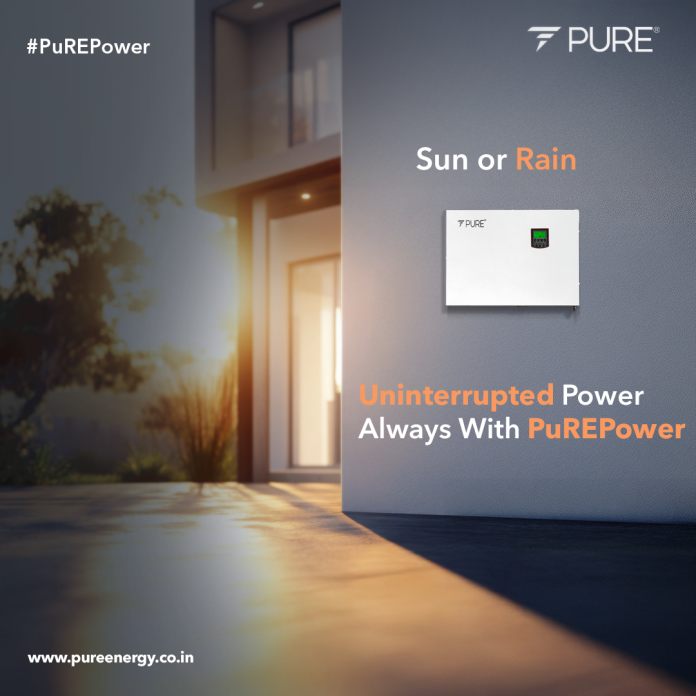If you’ve lived in India long enough, you know the story. Power cuts are like that distant relative who shows up uninvited—sometimes at night when you’re watching Netflix, sometimes right in the middle of a Zoom call. And that’s why people keep searching for a good power backup battery for home India because honestly, nobody wants to sit in the dark anymore.
Why Not Just Use an Inverter or Generator?
This is the usual question. Why should I spend on a battery system when I can just run an inverter? True, inverters are cheaper upfront, but they also depend on your existing power to charge. During long outages, they’re almost useless. Generators? Noisy, smelly, and your neighbors will probably start hating you after a week.
A dedicated power backup battery, especially the modern lithium-ion ones, is quieter, cleaner, and doesn’t need constant babysitting. Think of it like switching from those old Nokia phones to a smartphone—it’s just smarter.
Social Media Complaints Say It All
Scroll through Twitter or X, whatever Elon wants us to call it now, and you’ll find endless rants about light chali gayi during IPL matches or during online exams. People literally live-tweet power cuts. It’s funny but also sad. This is exactly why backup batteries are trending. They’re not just for big houses—many flats and small homes are adopting them too.
The Money Side – Is It Expensive?
Okay, let’s talk numbers. A decent backup battery system in India can feel pricey in the beginning. But if you think long-term, it actually saves money. No recurring fuel cost like with generators, no frequent replacement like the cheap inverter batteries. Plus, electricity bills sometimes get optimized because some systems let you store power when rates are low and use it later fancy, I know.
It’s like buying a slightly costly fridge that lasts for 15 years instead of changing the cheap one every 3-4 years.
My Experience with Power Cuts
I remember during one summer in Ranchi, the electricity used to vanish almost every evening. We had this bulky lead-acid inverter that sounded like a tractor starting up every time it kicked in. Half the time it ran out in just 2 hours. Imagine sweating in 40°C with ceiling fans dying slowly… torture. If we had today’s compact lithium backup batteries back then, I’d probably have survived with less drama.
Lesser-Known Perks
Not many people talk about these:
- They don’t just power lights and fans—you can run your WiFi router, laptop, even a small fridge.
- They’re eco-friendlier. No smoke, no weird smell, no constant dhuk-dhuk generator noise.
- Some batteries are even solar-compatible, so you can charge them without paying for grid power.
Basically, you’re not just buying a backup—you’re investing in a little peace of mind.
So, Who Should Actually Buy One?
If you’re in a metro city with rare outages, maybe it feels optional. But if you’re in Tier-2 or Tier-3 cities, where cuts are still common, this is one of the best home upgrades. Students studying late nights, people working from home, families with kids or elderly—basically anyone who hates unplanned darkness.
Final Thoughts
A power backup battery for home India isn’t just a luxury anymore—it’s becoming a necessity. It’s like WiFi; you don’t realize how badly you need it until it’s gone. And with options like Pure Energy, there are solid solutions that don’t feel like those old inverter boxes from the 90s.
